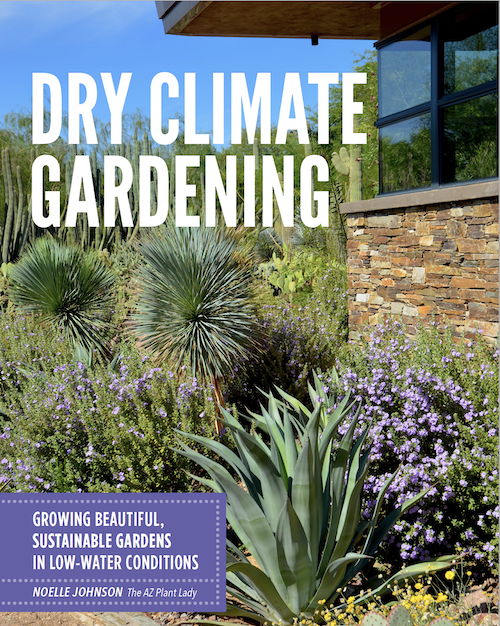Fertilizing Grass The Organic Way

Do you have a lawn? I do. My son enjoys spending time outdoors playing football or soccer on the backyard lawn while my grandson likes to run barefoot on it.
Maintaining a lawn does take work including fertilizing it twice a year. My warm-season lawn is bermuda grass, which needs fertilizer in spring and the fall. Grass needs nutrients, like nitrogen for its health and to look its best. When it comes to choosing a type of fertilizer, I select organic fertilizers versus synthetic ones whenever possible.
*This blog post contains affiliate links. If you click through and make a purchase, I may receive a commission (at no additional cost to you). Thanks for your support in this way.*

organic fertilizers
Why choose an organic fertilizer rather than a synthetic fertilizer, you may ask? Their effects last longer, they come from natural (renewable) sources, they won’t kill beneficial microorganisms in the soil, and won’t harm the environment.
My lawn needed to be fertilized not only for its health, but I was hosting a wedding in my backyard, and the grass had to look its best. I applied BioFlora 5 lb 6-10-1 Crumbles Stand Up Bag which is an organic fertilizer that is suitable for all plants in the garden, including lawns

Applying the fertilizer was easy using our spreader – you can also use a hand-spreader if that’s what you have.

Two weeks later, my lawn looked vibrant and healthy, making the perfect backdrop for my daughter’s wedding.

The grass won’t need any other fertilizer until October, just before it goes dormant. It may seem strange to fertilize just before the grass goes to sleep for the winter, but it is recommended as the grass stores up the nutrients, which enables it to green up more quickly the following spring.
You can read more about BioFlora Dry Crumbles and other products here.
*Disclosure: I was given BioFlora Dry Crumbles, free of charge, in return for my honest review.

 Noelle Johnson, aka, 'AZ Plant Lady' is a author, horticulturist, and landscape consultant who helps people learn how to create, grow, and maintain beautiful desert gardens that thrive in a hot, dry climate. She does this through her consulting services, her online class Desert Gardening 101, and her monthly membership club, Through the Garden Gate. As she likes to tell desert-dwellers, "Gardening in the desert isn't hard, but it is different."
Noelle Johnson, aka, 'AZ Plant Lady' is a author, horticulturist, and landscape consultant who helps people learn how to create, grow, and maintain beautiful desert gardens that thrive in a hot, dry climate. She does this through her consulting services, her online class Desert Gardening 101, and her monthly membership club, Through the Garden Gate. As she likes to tell desert-dwellers, "Gardening in the desert isn't hard, but it is different."










the grass looks awesome! how much water does it consume on a monthly basis would you say? winter versus summer
Hi Yvette,
In winter, we don’t overseed our lawn, so it gets watered twice a week vs. every 3 – 4 days in summer. I hope this helps!